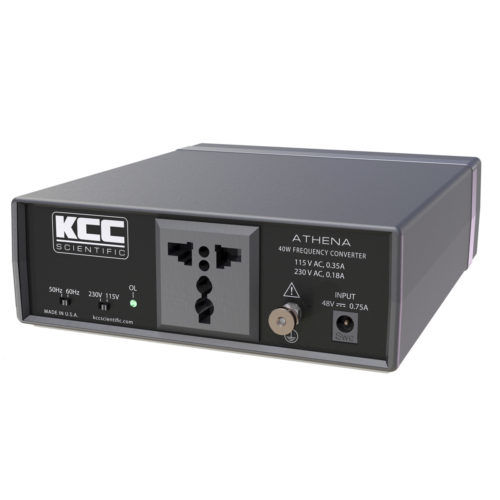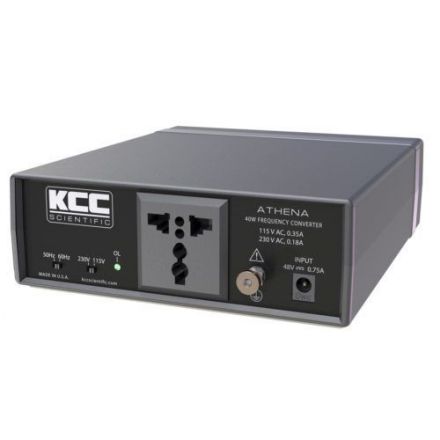Transformers vs. Voltage and Frequency Converters
Maybe you are a traveler, and as a result you encounter the multiple power grids across the globe
Transformers vs. Voltage and Frequency Converters
In North America, the standard power grid provides 115V AC at 60Hz, while on the majority of the rest of the globe; the power grid is 230V AC at 50Hz. Or, maybe you wish to purchase a turntable, flip clock, tube preamplifier, or other highly coveted electronic device from another country. Perhaps you are moving on a short-term or permanent assignment somewhere else on the globe. If any of these apply to you, it is essential that you read on!
Equipment designed to uniquely operate in one part of the world may not work in another. Most of us know about voltage compatibility. Don’t dare plug a device designed uniquely for use in North America into an outlet in another part of the world! But what about mains power line frequency? As a general rule, anything with a motor that turns or vibrates will operate at the wrong speed unless the mains power line frequency is converted so the device receives the frequency it was designed for. But, the concerns apply even beyond things with motors.
Many of us make the mistake of solving only voltage compatibility. We go out onto the Internet and find a “travel converter” made up of a kit of conversion plugs and maybe a cheap transformer that converts the voltage. Great! Now we can go on our trip and everything will be fine…until we get where we are going, and realize that frequency is important, too. Then we find that our favorite salon-grade clipper doesn’t work at all!
If we are moving to another country, we know better than to rely on a little travel kit to power our high-end tube preamplifier, turntable, or other audio gear. So, we buy a step-down (or step-up) transformer, thinking our problems are solved. Unfortunately, transformers will convert the voltage, but they will NOT convert the mains power frequency! We quickly learn that our turntable is running at the wrong speed, and our prized tube preamplifier doesn’t work properly either. What went wrong?
Consider the tube preamplifier as an example of a typical electronic device that doesn’t have a motor, yet greatly relies on having the proper mains frequency applied. Most high-quality audio devices have internal transformers that convert mains voltages to different levels needed by internal circuits. Often, these transformers when operated at a lower frequency will begin to saturate. This effect results in noise, overheating, and incorrect internal voltage levels. We experience this as equipment malfunction, audio quality issues, or other problems due to the wrong mains frequency. Secondarily, internal rectifiers and filters may not be adequately sized to operate properly at a lower mains frequency. The result is more noise coupled into the device’s signal processing, and then on to your speakers. Once again, the step-down transformer solution has failed us.
The solution to both voltage and frequency conversion is KCC Scientific. We have a product to suit your application. And, they are proven solutions, with a customer fan club growing every day. Come to our online shop at www.kccscientific.com and see our selection for yourself. You’ll be impressed with the quality and affordability of the great products you will find there.
Tags: electrical frequency converter, frequency converters, frequency converter, frequency converter 50hz to 60hz, frequency changer, frequency converter 60hz to 50hz, 50hz to 60hz converter, 60hz to 50hz converter, 120vac to 24vac transformer, best travel power converter, 120v to 24vac transformer, 120v to 24v transformer, best travel converter, 120 to 24 volt transformer
-
 frequency converter 60hz to 50hz
frequency converter 60hz to 50hz





























Join the Discussion
You have to evaluate the carry weight and the cost of transformers/converters vs the cost of just buying a 220V version (or dual voltage) of whatever you need on your travels.